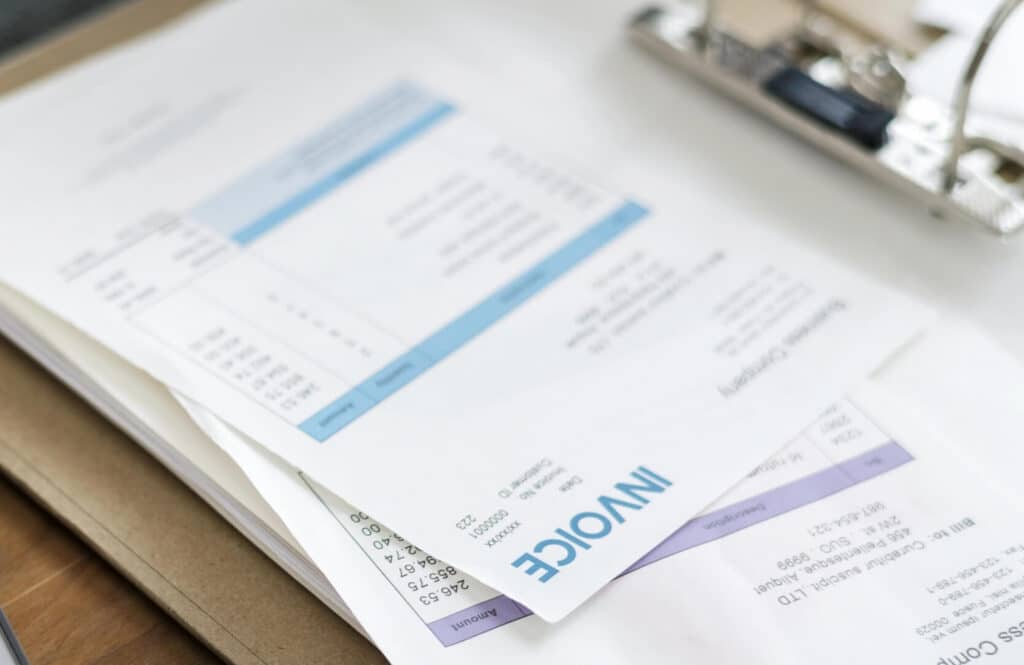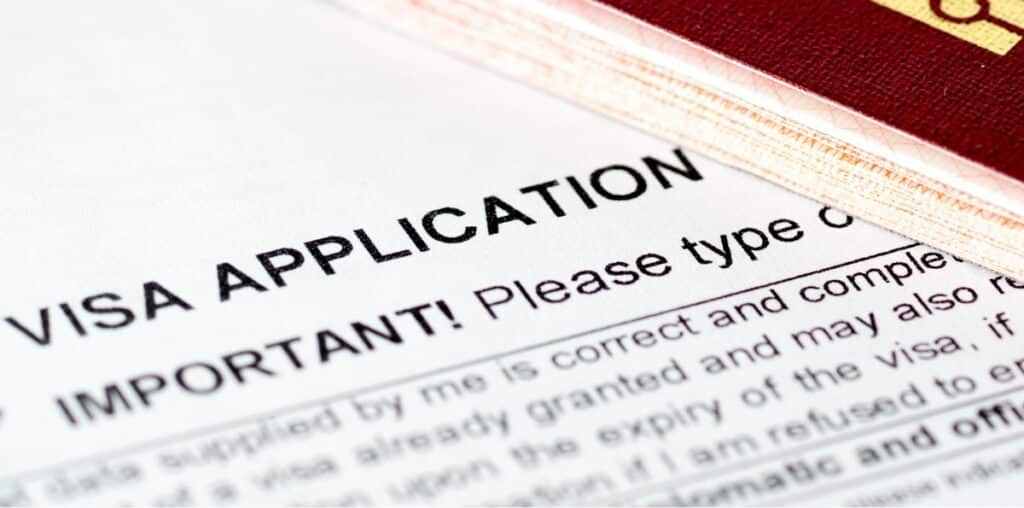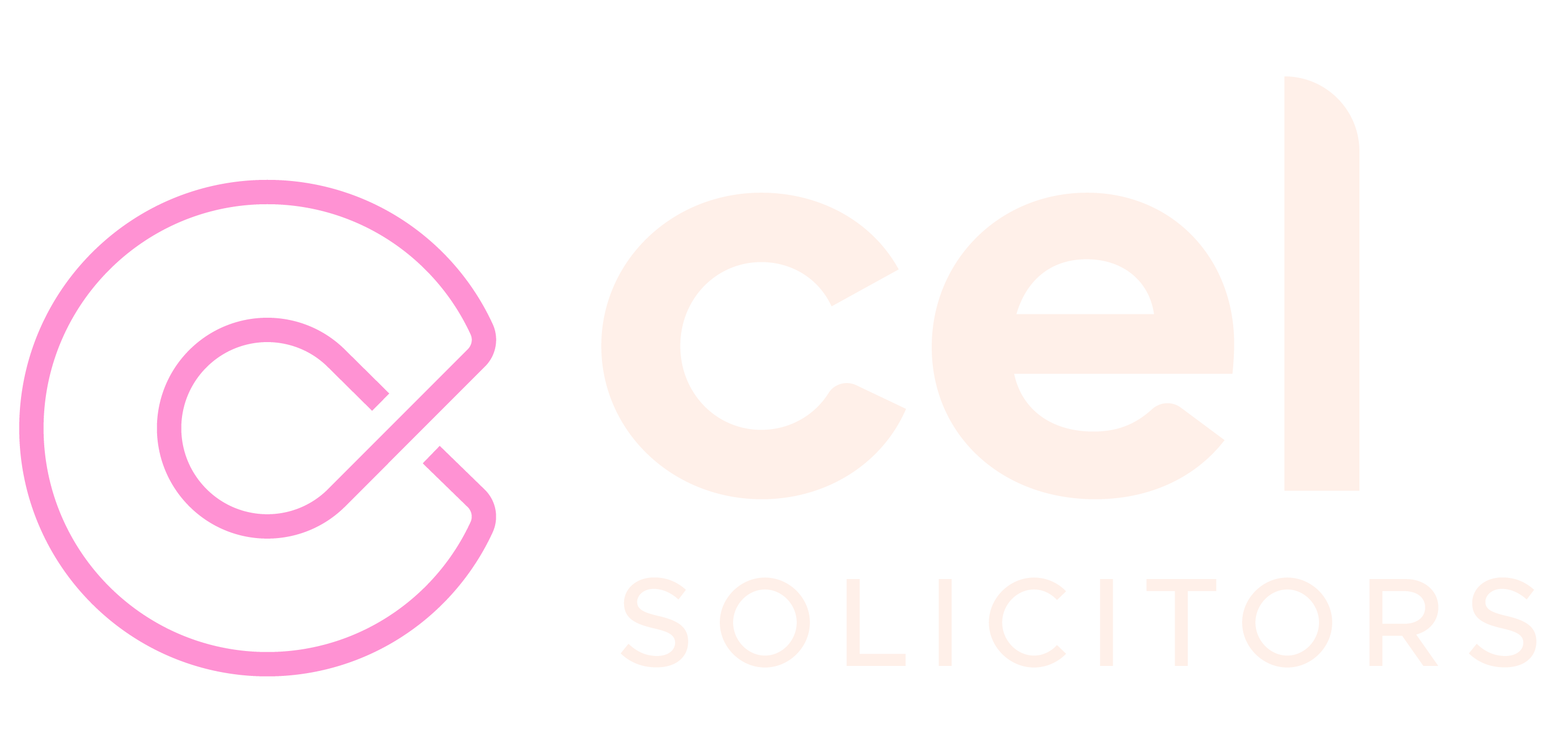78-Year-Old Retiree Recovers £134,000 after Falling Victim to Two Scams
Learn more
If you’ve lost money to a romance scam, you’re not alone, and you may be able to get your money back with the right help.
Check if you're eligible

Invoice scams are a type of fraud where criminals trick individuals or businesses into paying fake invoices. The scammer pretends to be a genuine company or service provider and sends what looks like a legitimate request for payment.
These fake invoices can arrive by email, post, or even text message. They may claim that payment is overdue, threaten legal action, or demand immediate settlement to pressure victims into paying without questioning the source.
Once the payment is made, the fraudster often disappears without a trace. In some cases, scammers also use the payment details to commit identity theft, causing even more financial harm.
This type of fraud, often referred to as invoice fraud or invoicing scams, is becoming increasingly sophisticated and difficult to spot.
Identifying online fraud can be challenging, but here are some warning signs to watch for:
Be cautious of any invoice you weren’t expecting, especially if it’s from someone you don’t usually deal with. Always double-check the details before making payment.
Scammers may intercept genuine invoices or create convincing replicas, changing the bank details to redirect funds. If payment details suddenly change, verify them with the company directly using trusted contact information.
A common tactic in email invoice scams is creating a sense of urgency. If an invoice demands immediate payment or threatens legal action, take a moment to review it carefully before responding.
Requests to pay via gift cards, cryptocurrency, or cash are red flags. Legitimate businesses don’t ask for payment this way, scammers do - as they are hard to trace and recover.
Scammers may impersonate well-known brands, company directors, or trusted suppliers. If something feels off, trust your instincts and take time to check their credentials.
These scams involve real platforms, like PayPal, being misused. Fraudsters use PayPal’s own invoicing tool to send what appear to be legitimate requests for payment. They often include fake customer service contact details in the seller note, so victims unknowingly reach out to the scammer directly when trying to query or cancel the invoice.
This version of the scam relies on phishing emails that look like they’re from real companies. Victims receive what seems to be a normal invoice — but it’s completely fraudulent. Scammers may spoof company email addresses or impersonate directors, especially when targeting a work inbox.
Victims receive fake invoices that appear to be from Amazon or Apple, often claiming they’ve bought an expensive item. These fake invoices are designed to provoke a reaction – falsely claiming they have ordered an expensive phone, tablet, or computer. The message might encourage the victim to cancel the order — however doing so actually leads them right into the scammer’s hands, who then tricks them into handing over banking or login details in an effort to cancel the fake order.
These scams claim the victim’s antivirus subscription has expired or their device is at risk. The fake invoice may contain contact information for ‘support’. In reality, this connects directly to the scammer. From there, they can convince the victim to pay unnecessary fees or install malware which can be used to steal banking information and security logins.



Invoice scammers use a mix of digital tools and social engineering tactics to target their victims.
Most often, they send phishing emails or text messages to large numbers of people, hoping someone will fall for the trap. Others focus on those whose personal information has been exposed in a data breach. If your name, email, or banking details have been compromised, scammers may use this data to create a highly convincing fake invoice.
Some fraudsters go even further, cloning real websites or creating fake ones that look almost identical to trusted brands. These sites are designed to steal login credentials or payment details, and victims may not realise they’ve been scammed until it’s too late.
If you’ve been targeted by an invoice scam, report it immediately to your bank and the police. At CEL Solicitors, we have extensive experience helping people recover money lost to invoice fraud. If your bank won’t assist, we’re here to help.
We’ve already helped thousands across the UK reclaim funds lost to invoice scams with care, understanding, and expert support every step of the way. Just Tell CEL.
Speak to our friendly team today. You are not alone, and you may have a case.
At CEL Solicitors, we have a dedicated team of financial recovery experts who specialise in helping clients recover money lost to scammers.
We carefully review all the financial transactions related to your case. If we find that a financial institution could have done more to protect you from fraud, we will make a formal complaint on your behalf and seek compensation.
If the scammer can be identified and has assets, we can also take legal action against them to recover your money.
While every case is different and recovery is not always guaranteed, we are relentless in supporting you to get the best possible outcome.
Yes, we can help trace and recover money lost to cryptocurrency scams.
Our experts use specialised software called Chainalysis Reactor to follow the trail of cryptocurrency transactions on the blockchain. This helps us identify where the funds have gone, often to a crypto asset exchange provider, so we can work on recovering them for you.
Yes, you can contact your bank or financial institution directly to try to recover your money. If you’re unhappy with their response, you have the right to make a formal complaint.
However, if you choose to work with us, we bring technical knowledge and legal expertise to give you the best chance of success. We’ll handle the complex steps for you and can represent you if the case needs to go to court.
You’re not alone in this — we’re here to guide and support you every step of the way.
No, we work on a no-win, no-fee basis. If we are unsuccessful in recovering your money then you won’t pay us a penny. We also offer free initial, no-obligation advice so you have nothing to lose by getting in touch with one of our friendly advisors today. We can start working on your case as soon as you formally instruct us, and our paperwork has been signed. Additionally, you have a 14-day cooling-off period, after you’ve signed our initial documents if you change your mind.
When you’re dealing with a legal issue, whether it’s a scam, a housing dispute, or a case of professional negligence, it’s important to know you’re in safe hands.
We understand that many of our clients come to us after being misled, mistreated, or let down. It’s only natural to feel cautious when choosing a law firm to support you.
CEL Solicitors is a fully regulated law firm. We don’t ask for any upfront payments, and we work on a no-win, no-fee basis wherever possible, meaning you won’t pay us a penny unless your claim is successful.
You can confirm that CEL Solicitors is genuine by checking our credentials:
We are authorised and regulated by the Solicitors Regulation Authority (SRA). Our SRA number is 633955.
CEL Solicitors is a trading name of Cheshire Estate and Legal Limited (company number: 10370954).
You’ll find us listed on the SRA’s official Solicitors Register – just click the SRA badge at the bottom of this page or visit the SRA website.
We’re also listed on the Law Society’s ‘Find a Solicitor’ tool. This is a free and trusted way to check legal professionals.
If you’re ever unsure, just tell CEL. We’ll help you verify everything for yourself.
We use a variety of approaches to help recover your money, tailored to your specific case.
First, we investigate whether the financial institution involved could have done more to detect or prevent the fraud. If so, we make a formal complaint and seek compensation from them.
If the scammer can be identified and has assets, we can take legal action to recover funds directly from them.
To support this, we work with specialist forensic accountants who trace where the money has gone. We also have a trusted network of law firms around the world to help recover funds hidden offshore or in other countries.
Our team is committed to pursuing every possible avenue to get your money back.
“No-win, no-fee” means you won’t pay us anything unless we win your case.
There are no upfront costs and no hidden charges. If your claim is unsuccessful, you won’t owe us a penny. If we win, our fees will be taken from the compensation we recover for you — and we’ll explain all of this clearly before you sign anything.
It’s a simple promise: if you don’t win, you don’t pay.
It’s common to feel responsible if you authorised a payment that turned out to be fraudulent. You might think there’s nothing you can do, especially if your bank has refused to refund you.
But don’t lose hope. We specialise in the financial rules, regulations, codes of conduct, and legal processes that can help challenge those decisions and recover your money.
Our expertise is why our fraud recovery success rate is so high — and why many clients who initially thought they had no options have been able to get their money back.
If you’re worried about fault, just tell CEL. We’ll guide you through your options with care and honesty.
At CEL Solicitors, we help clients recover money lost to a wide range of Authorised Push Payment (APP) frauds. These scams trick you into authorising payments to fraudsters, often through highly convincing stories or pressure tactics. Common types include:
Investment scams: Promises of high returns through trading, cryptocurrency, or other ‘opportunities’ that turn out to be fake.
Impersonation scams: Fraudsters posing as trusted organisations like banks, the police, HMRC, or utility companies to get you to send money.
Romance scams: Scammers build trust by pretending to be a romantic partner, often overseas, before asking for financial help.
Crypto scams: Fake cryptocurrency investments or exchanges designed to steal your funds.
Advanced fee fraud: Requests for upfront fees to release non-existent loans, prizes, or inheritances.
Purchase scams: Payment for goods or services that never arrive, such as vehicles or electronics.
Invoice scams: Fake or altered invoices sent to businesses or individuals to divert payments.
Job scams: Fraudulent job offers requiring you to pay fees or provide money upfront.
If you’ve been targeted by any of these scams or similar ones, you’re not alone — and we’re here to help you take back control and recover what you’ve lost.

Get in touch now to see how we can help you recover from fraud.